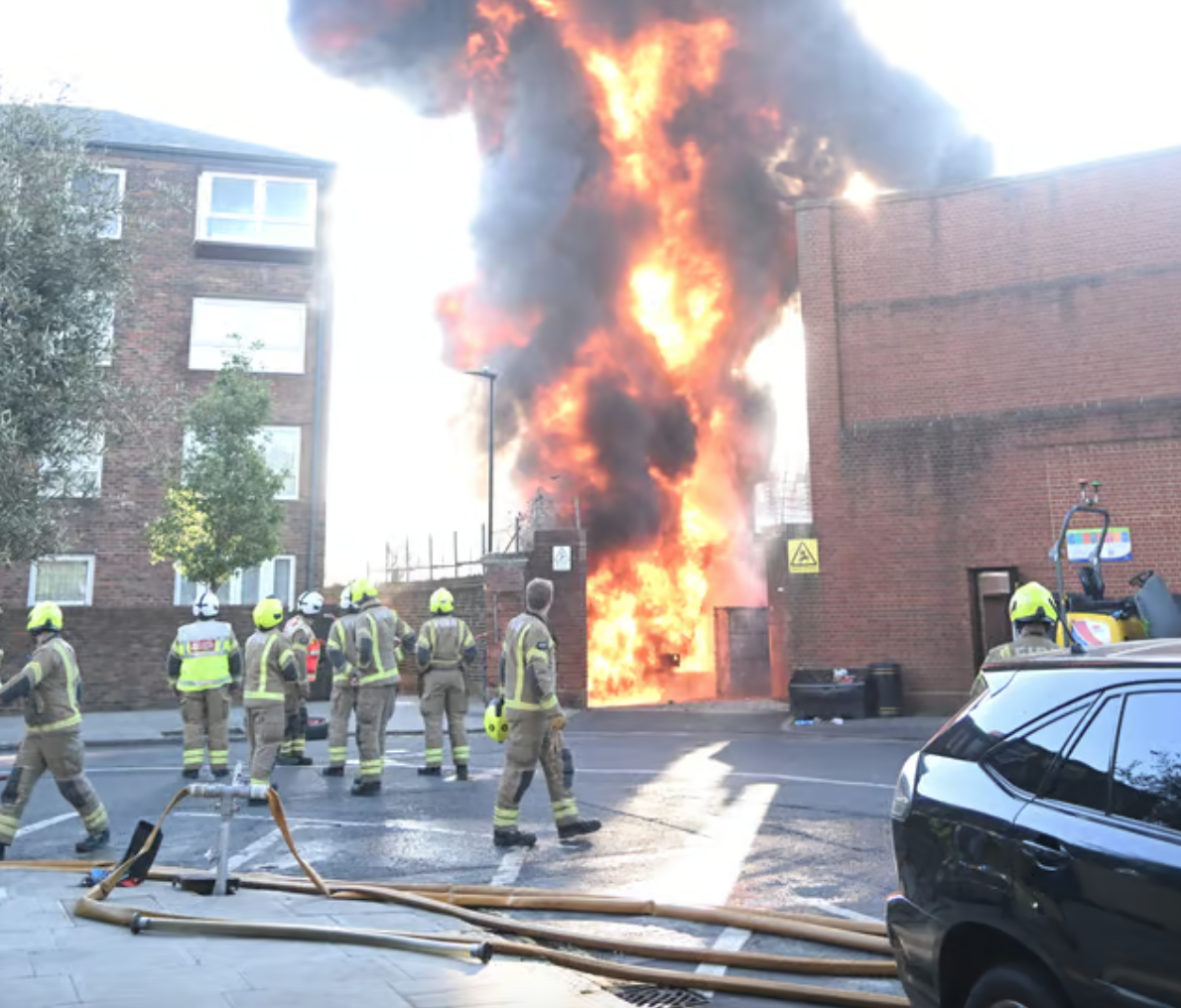
In recent developments, tensions between Israel and Iran have escalated significantly, with Israel accusing Iran of violating a ceasefire agreement. This has prompted Israel to pledge a “forceful” military response, further intensifying the already fraught geopolitical situation in the Middle East.
Context of the Latest Developments:
- Ceasefire Violations:
- Israel claims that Iran has breached a ceasefire deal that had been put in place to ease tensions in the region. The nature of the alleged violations isn’t entirely clear, but it could involve Iran’s ongoing support for proxy groups hostile to Israel, such as Hizbollah in Lebanon and Hamas in Gaza.
- The ceasefire, which might have been brokered by international actors, was a rare effort to de-escalate the situation. However, Israel’s accusations suggest that Iran’s activities are continuing unabated, including the supply of advanced weaponry and military training to its proxies.
- Israel’s Response:
- In response to these violations, Israel has vowed to strike back “forcefully.” This could mean a series of military actions targeting Iranian infrastructure in the region, particularly in Syria, where Israel has long been concerned about Iranian military entrenchment near its borders.
- Israel may also increase its airstrikes on Iranian military positions or weapons shipments in Syria, or potentially even escalate operations against Iranian facilities in Iraq and Lebanon, where Iranian influence is also significant.
- Iran’s Role and Reactions:
- Iran has been accused of using proxies to attack Israel indirectly, thus giving itself plausible deniability while still supporting anti-Israel militias. This “proxy war” tactic has allowed Iran to extend its influence across the region, from the Gulf of Oman and Iraq to the Levant.
- While Iran has not yet directly commented on the latest Israeli accusations, Tehran has historically denied involvement in any direct attacks on Israel, instead insisting that it is only providing political and military support to groups fighting for Palestinian rights.
- The Wider Impact in the Region:
- This latest escalation comes amid broader instability in the Middle East, where tensions have been mounting between Iran and other regional players, especially the Gulf Arab States, which view Iran as a growing threat.
- There are also implications for the U.S., which has long been allied with Israel and remains heavily involved in the region. Any military escalation between Iran and Israel could further complicate the already fragile situation in the broader Persian Gulf, affecting global oil markets, international diplomacy, and the future of the Iran nuclear deal.
Potential Consequences:
- Military Escalation:
- If Israel follows through with its threat of “forceful” retaliation, it could lead to a significant military conflict in Syria or Lebanon, potentially spreading to other areas where Iran and Israel have indirect confrontations.
- A larger scale conflict could involve not only Israel and Iran, but also Hezbollah and other Iranian-backed groups. This would draw in countries like Syria, and possibly even the U.S., which has interests in the region and would likely support Israel’s right to self-defense.
- Diplomatic Fallout:
- This escalation could undermine international efforts to broker peace or restart talks between Iran and world powers on the nuclear issue. The U.S. and European nations have been trying to revive the JCPOA (Joint Comprehensive Plan of Action), but this latest flare-up could complicate those efforts.
- Additionally, the Arab nations, particularly Saudi Arabia, may face increased pressure to pick sides, either supporting Israel due to the threat of Iranian expansion or engaging in dialogue with Iran, which remains a crucial regional player.
- Humanitarian Concerns:
- Any military action, especially in countries like Syria and Lebanon, would exacerbate the already dire humanitarian crisis in these regions. Both Syrian civilians and those in southern Lebanon could face greater risks, as Iranian-backed militias are often embedded within civilian populations.
- Gaza and the West Bank could also experience an uptick in violence, especially if the proxy groups supported by Iran escalate their attacks on Israel.
The Path Forward:
- Given the volatility of the situation, both countries could be on the brink of a major military confrontation, unless diplomatic efforts intensify. International powers, including the U.S., Russia, and China, may need to intervene to prevent a broader regional conflict.
- However, past attempts at diplomacy have largely failed, particularly with regards to the Iran nuclear deal and de-escalation efforts in Syria. Therefore, the situation remains fragile, and it is unclear whether there is enough political will from either side to prevent further escalation.
The ongoing tensions between Iran and Israel are not just about territorial disputes or military power. At their core, they represent a battle over influence in the Middle East, with profound implications for the region’s stability and the future of global politics.
If the situation does indeed escalate into a full-scale conflict, the consequences could be far-reaching, affecting not just the Middle East but also global energy markets, the balance of power, and the international order.




















